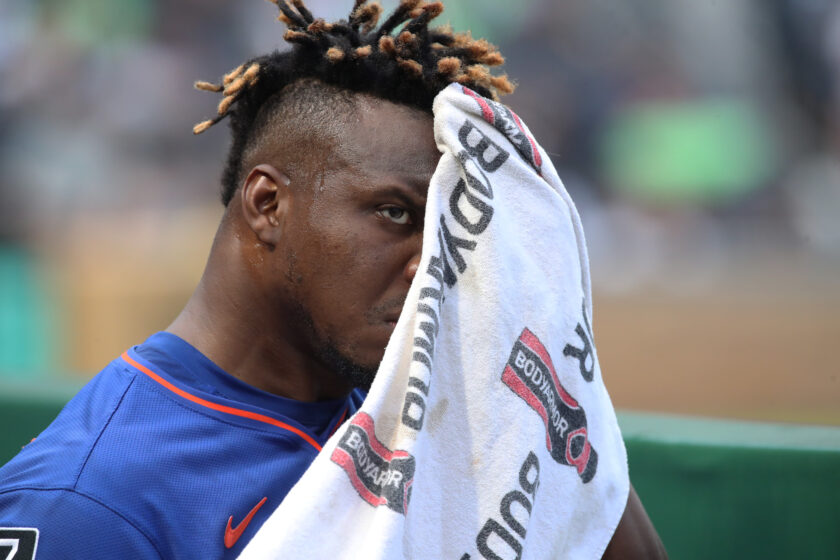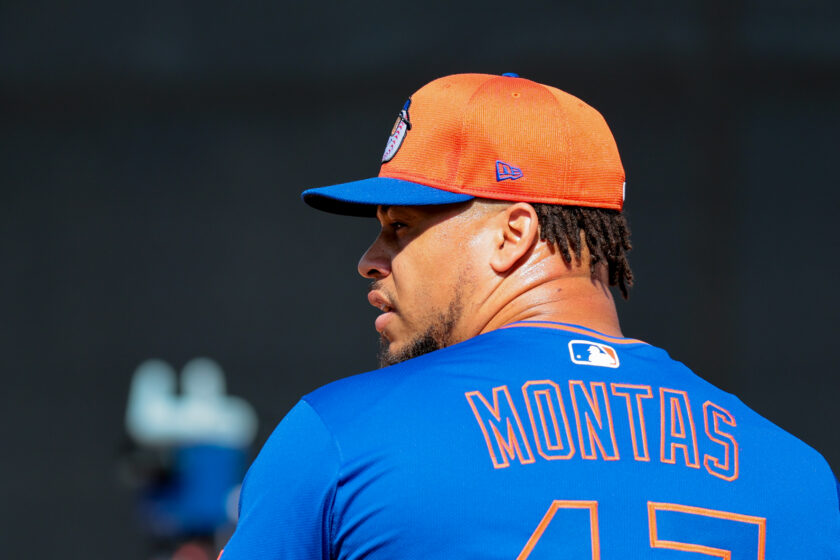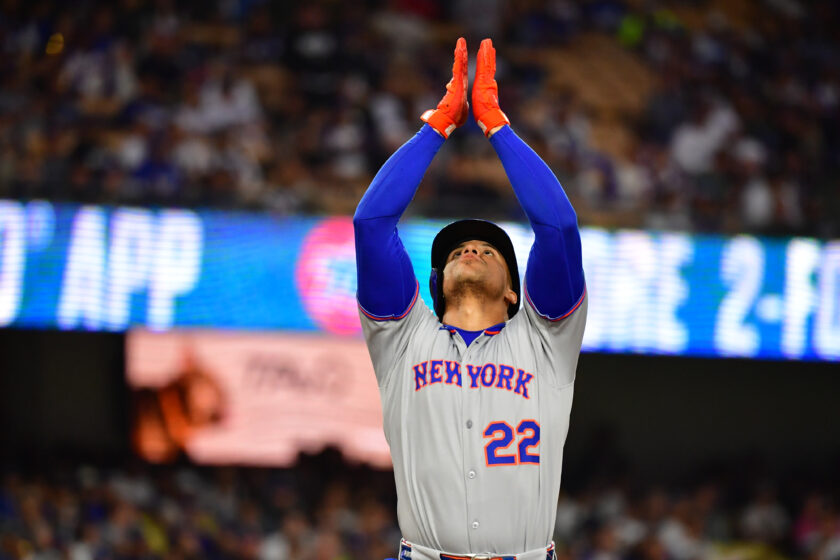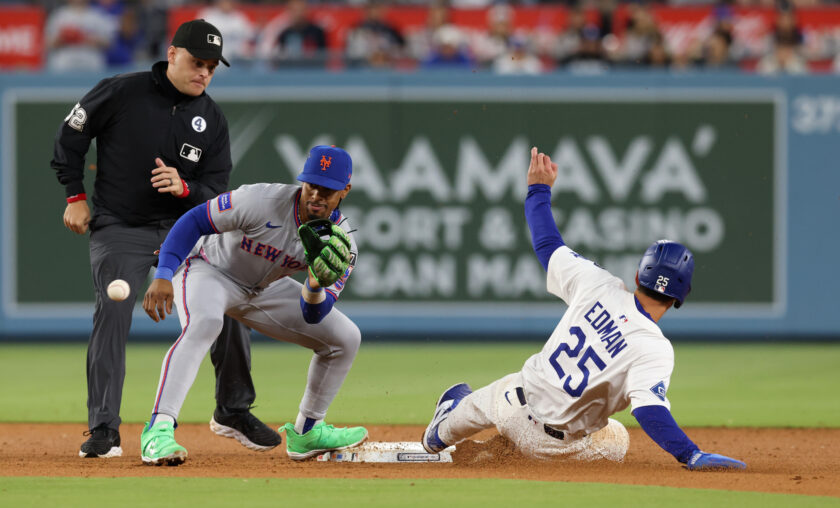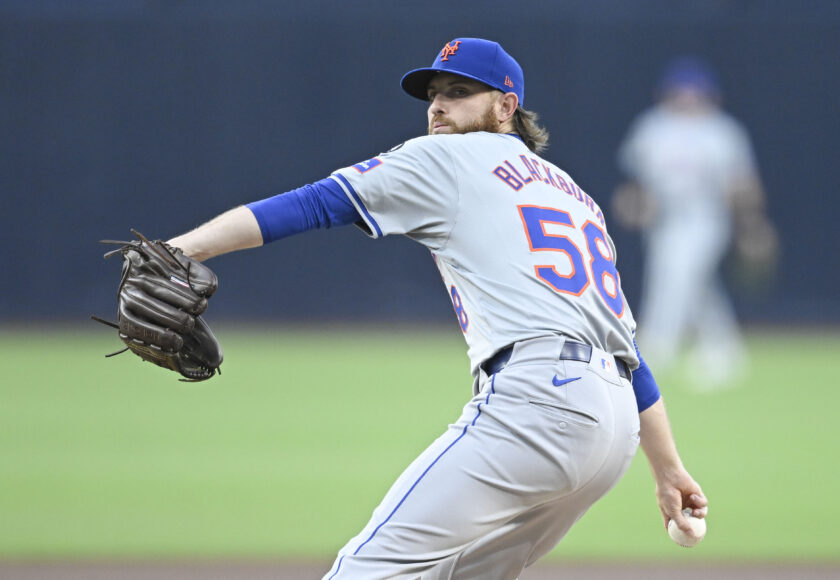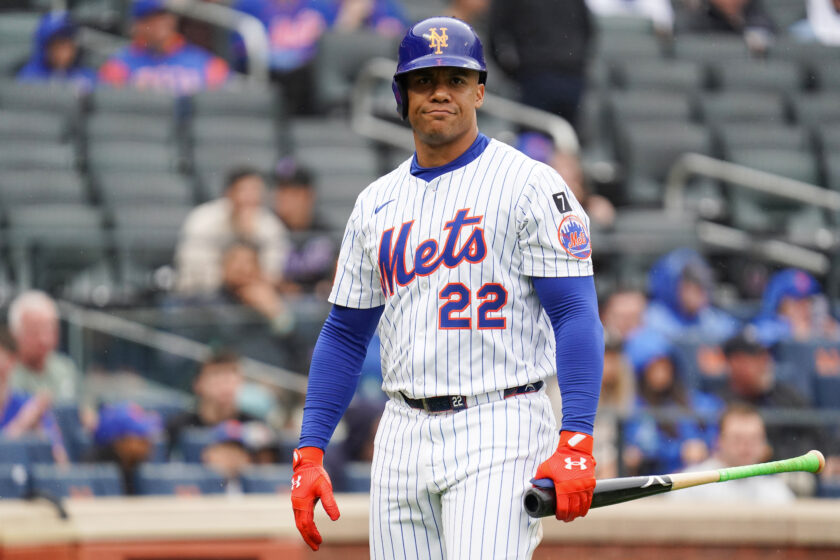New York Mets greatest forgotten players: RF Butch Huskey
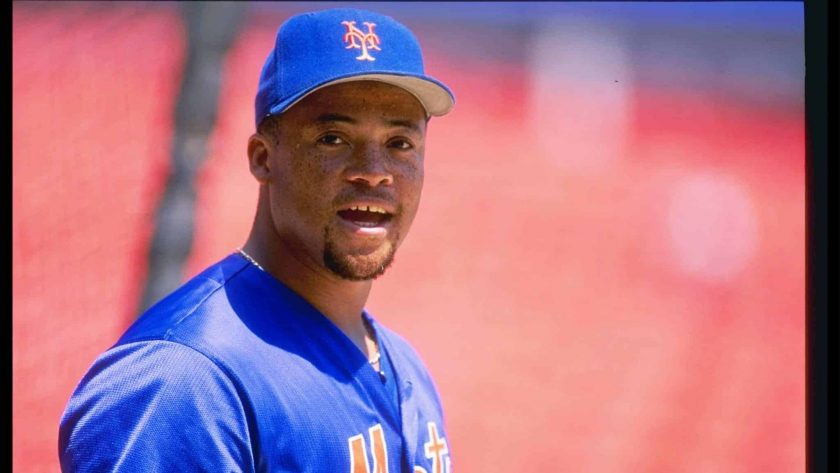
Versatility and power. New York Mets forgotten star Butch Huskey represents the ideal fourth outfielder in any era of baseball.
[sc name=”kyle-newman-banner” ]The 1996 and 1997 New York Mets were a team to remember despite not making the playoffs. They acquired some of the best talent the franchise has ever had and Butch Huskey was a part of that equation.
Huskey was a homegrown product drafted in the seventh round of the 1989 MLB Draft. Huskey won the Doubleday Award, given to the Mets’ best minor leaguer, four times as a prospect.
He was expected to be the future at third base. He was going to replace Howard Johnson and create a seamless transition. Not only did that not happen, Huskey was so bad defensively that he had to be moved to the outfield.
That was part of the larger story with Huskey. His bat had all the potential to be great, but his defense was so bad the Mets couldn’t justify playing him every day.
Huskey responded by learning how to play multiple positions. If he wasn’t going to be able to play third base in the majors the least he could do was make himself available. That thinking ended up saving his career.
Tough Debut
Huskey made his debut in 1993 at just 21-years-old. He had flown through the minor league system and was ready to hold his own in September. At least, that’s what the New York Mets had hoped.
Huskey was awful over the 13 games he played in ’93. He hit just .146/.159/.171 and was worth -0.5 fWAR. He struck out on 29.5% of at-bats and put up an astonishing -27 wRC+.
Huskey was so bad that it carried into 1994. He was sent back down to work on his swing and prepare for the majors, but he seemed ruined. Huskey hit .228/.285/.352 in Triple-A and didn’t reach the majors.
He came back in 1995 a different player. He wrecked Triple-A and made a Major League appearance again. Huskey failed at the majors yet again hitting just .189/.267/.300.
Despite his awful start to his career, the Mets and many fans still believed in Huskey. As such, he was primed to compete with Edgardo Alfonzo for the starting third base job in 1996. However, Rey Ordonez surprisingly strong play at shortstop forced the Mets to realign their infield, landing Alfonzo on the bench and Huskey in right field.
Finding his groove
New York Mets manager Dallas Green named Butch Huskey the Opening Day right fielder in 1996. Huskey had only played one game in the outfield in his career to that point. It was a disaster in the making for a guy with limited athleticism like Huskey.
That’s exactly what happened. Huskey couldn’t handle the defensive responsibility out in right field, but his bat kept him in the lineup. Huskey hit .254/.298/.377 in the first half. Not particularly good, but better than what anyone else in right field or first base was producing.
So, Huskey was moved to first base where he entered a platoon with Rico Brogna. Huskey ended up seeing the majority of the time at the position that year, though he did also play in right field and third base as well.
Huskey rewarded the team with his best stretch at the plate in his short career. During the second half of 1996, Huskey broke out hitting .312/.350/.518.
Overall, Huskey hit 278/.319/.435 in 96. He was worth -0.1 fWAR due to his awful defense, but it was clear he was showing improvement.
In 1997, he was named the Opening Day third baseman. He struggled defensively yet again, and it cost him his starting job. Edgardo Alfonzo took over at the position and had a breakout season.
Meanwhile, Huskey was moved back to right field where he platooned with Carl Everett. Huskey saw the majority of the playtime the rest of the season.
Huskey had his best season at the plate hitting .287/.319/.503. He hit a career-high 24 home runs and was worth a career-high 1.2 fWAR.
At only 25-years-old Huskey was finally living up to the promise he showed as a prospect. The Mets thought they had the next big offensive star in the game. Huskey was garnering comparisons to Mark McGwire after the season.
That all went away in 1998. Huskey reprised his role as the team’s primary right fielder, but he regressed from the year before. He hit just .252/.300/.407, while adding his usually dismal defense.
Huskey’s disappointing showing in ’98 would be his last as a Met.
Trade and legacy
Prior to the 1999 season, the Mets traded Huskey to the Seattle Mariners for Lesli Brea. Huskey went on to have a strong season matching his 1997 output for the Mariners and the Red Sox. He would play in six playoff games for the Red Sox that year.
The hype around Huskey came back as he signed with the Minnesota Twins in 2000. He was set to be their primary DH, but another disappointing half and he was traded to the Colorado Rockies.
Huskey put together an astonishingly good half with the Rockies hitting .348/.432/.565, but it wasn’t good enough to impress the rest of the league. He signed a deal with the Cleveland Indians for the 2001 season but failed to make the team, prompting him to retire.
Huskey will almost always be remembered as a failed prospect. He was supposed to be the future and turned into a platoon player. That’s a story that every baseball fan needs to remember, but it’s not the only takeaway from Huskey’s career.
He was a key member of three good teams. The 1997 and 1998 Mets were great teams even if they didn’t make the playoffs. Huskey was a major reason why those offenses produced at the rates they did.
The same with the Boston Red Sox. He wasn’t a starter down the stretch for them, but his bat off the bench played a huge role in their playoff push.
Fans often feel that fourth outfielders are replaceable players who make little impact. Most times they’re right, but every once in a while comes a bench player who has the ability to make a true impact and Butch Huskey is a great example of that.
He had his flaws, but Huskey made a real impact on his teams. Every team would be happy to have a player like that on their bench.
A contributor here at elitesportsny.com. I'm a former graduate student at Loyola University Chicago here I earned my MA in History. I'm an avid Mets, Jets, Knicks, and Rangers fan. I am also a prodigious prospect nerd and do in-depth statistical analysis.

